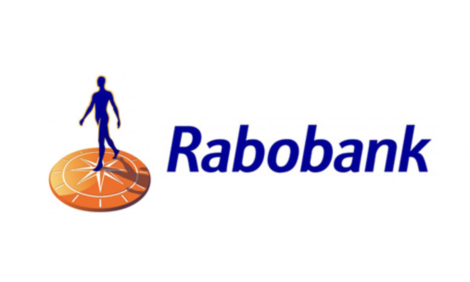



Starner gets exercised about eliminating PRRS
US - According to the Minnesota Pork Council, PRRS costs the U.S. pork industry $560 million annually through death losses and production declines. Starner said sows are most effected by PRRS, and the virus contributes to higher rates of abortions, stillbirths and weak piglets"When that sow is fighting off the viral infection two to three weeks before she farrows, then the baby pigs aren't getting what they need," Starner said.
Work ia under way to develop better vaccines to limit damage once PRRS is introduced in a herd. However, Starner said vaccines are a stop-gap measure, and eradication is the only sustainable solution because preliminary data from ongoing studies shows that PRRS is an airborne virus.
If PRRS is definitively proven to be an airborne virus, eradication will prove more difficult, but all the more necessary.
Source: AgriNews








